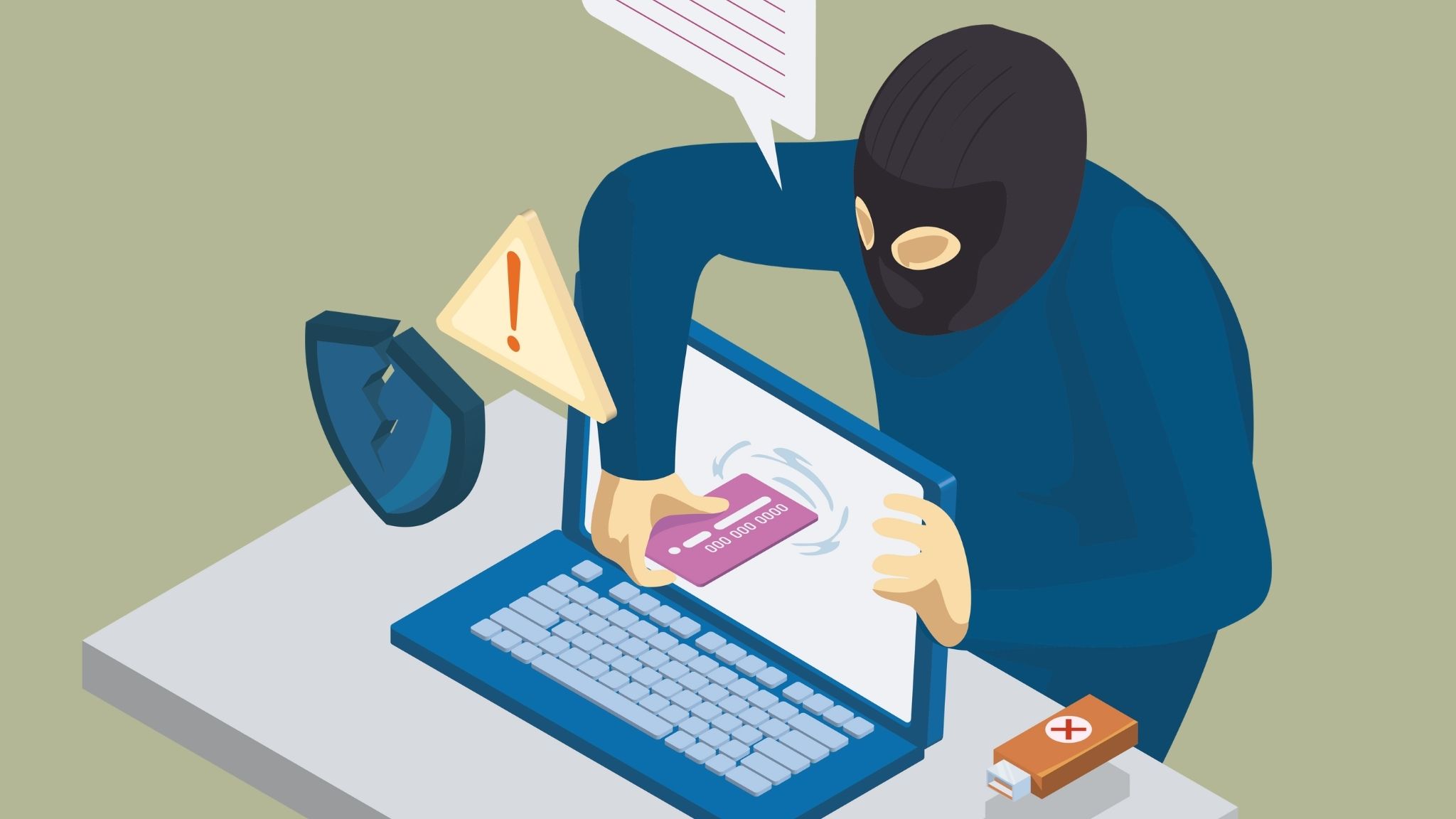Understanding Fake Digital Products or Software
In the digital age, online scams have become increasingly sophisticated, targeting unsuspecting users through fake digital products or software. These fraudulent items often promise incredible benefits but deliver subpar results, malware, or nothing at all.
Fake digital products can include:
- Pirated Software: Copies of legitimate software that lack licensing and often come bundled with malicious code.
- Fake Applications: Apps designed to mimic legitimate ones, often distributed through unofficial websites or app stores.
- E-books or Courses: Digital content claiming to offer value but containing plagiarized or irrelevant material.
- Subscription Services: Fake platforms that charge recurring fees for non-existent or low-quality services.
How to Spot Fake Digital Products or Software
To protect yourself from falling victim to these scams, keep an eye out for the following red flags:
- Unbelievable Prices: If a product is significantly cheaper than its market price, it might be too good to be true. Scammers often lure users with discounts to gain trust.
- Unsecure Websites: Legitimate websites use HTTPS for secure transactions. Look for the padlock symbol in the browser address bar and avoid websites with warnings about insecure connections.
- Poorly Designed Platforms: Fake websites or platforms often have numerous grammatical errors, low-quality images, or mismatched branding elements.
- No Customer Reviews or Fake Testimonials: Genuine products often have verified customer reviews. Be cautious of overly positive or generic testimonials without verified buyer tags.
- No Refund Policy or Contact Information: Scammers rarely provide legitimate contact details or refund policies. Always verify the authenticity of a seller before making a purchase.
- Suspicious Permissions: When downloading apps, check the permissions they request. Fake apps often demand access to sensitive data unrelated to their functionality.
- Unverified Payment Methods: Avoid platforms that insist on untraceable payment methods like cryptocurrencies, wire transfers, or gift cards.
Important Measures to Avoid Fake Digital Products or Software
Preventing scams requires vigilance and proactive measures. Here’s how you can protect yourself:
- Research Thoroughly: Before purchasing a digital product or subscribing to a service, search for reviews, company credentials, and ratings from trusted sources.
- Download from Official Sources: Only download software or applications from official websites, app stores like Google Play or the Apple App Store, or authorized resellers.
- Verify Security Certificates: Ensure the website has a valid SSL certificate. Most browsers provide warnings for insecure or malicious sites.
- Use Reliable Antivirus Software: Invest in reputable antivirus software to scan downloaded files and detect potential threats.
- Enable Two-Factor Authentication (2FA): Protect your online accounts with 2FA, which provides an additional layer of security against unauthorized access.
- Check Licensing: Confirm the legitimacy of software licenses with the manufacturer or distributor. Many companies offer tools to validate authenticity.
- Monitor Bank Statements: Regularly review your bank and credit card statements for unauthorized charges. Early detection can prevent significant losses.
- Educate Yourself: Stay informed about common scams and updates in cybersecurity. Knowledge is your best defense against fraud.
Conclusion
Fake digital products or software scams are a growing threat in today’s digital marketplace. By staying vigilant, educating yourself, and adopting safe online practices, you can significantly reduce the risk of falling victim to these scams. Always remember: if something seems too good to be true, it probably is. Protect your digital world by verifying authenticity and safeguarding your personal information.














